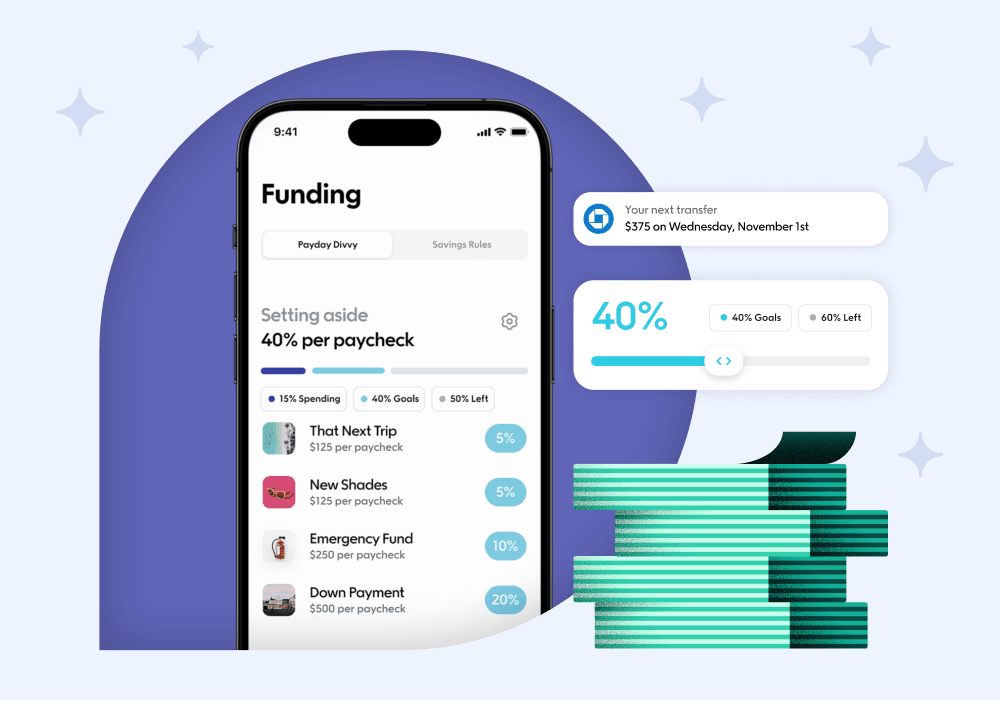Whenever we need a dose of rational thinking we turn to our Chief Behavioral Economist Dan Ariely. In addition to being professor of psychology and behavioral economics at Duke University, Dan’s played a key role in developing the saving and budgeting tools that have helped our members save more than $1B. So who better to drop a little wisdom when it comes to volatile markets?
Markets go up and markets go down. Day-to-day fluctuations are normal, and it’s best not to sweat them. We aren’t saying that you shouldn’t pay attention to the market; you’re an investor now, so it’s good to stay up to date on what’s happening. But it’s also important not to panic over changes in the value of your investments.
Don’t make decisions based on fear
Says Dan: "Every time you open your portfolio and you notice that the value's changed, it's going to impact how you feel."
Sometimes, because they're feeling emotional about the state of their portfolio, investors will take action. This might mean cashing out their stocks and investing in bonds, for example.
"Historically, those are some of the biggest mistakes that people can make," says Dan. Don't make market decisions when your head is clouded by emotions.
His recommendation is to act deliberately -- rather than react to the state of your portfolio. Don't even check your Invest balance unless you have a clear idea of what you want to do: “Decide what change you want to make, and only then open your portfolio. It’s never a good idea to open up your portfolio for fun and then decide what to do.”
Investing is a long-term game. We aren’t the first investment advisor to say this, nor will we be the last. It is tried and true advice because it is good advice. If you plan to use the money you’ve invested years from now, then volatile markets this week shouldn’t be of much consequence to your long-term Goals.
An important benchmark when thinking about the stock market is an index called the S&P 500. The S&P 500 is a collection of the largest publicly traded companies in the United States. It’s called a ‘benchmark index’ because it gives you a good general understanding of what’s happening in the market.
The average return of the S&P 500 over the last 100 years is between 6% and 10%, depending on whether or not you reinvested dividends. Corrections and crashes happen, but the overall long-term trend of the market is that it goes up.
Remember that on days and weeks like this when temporary volatility can get you down.
Make ‘buy and hold’ your new money mantra, and keep working toward your Goals.
Put money in its place
Master your money with the app that makes it easy to divvy up every dollar so you can balance what you want with what you need.
Create account
Share



